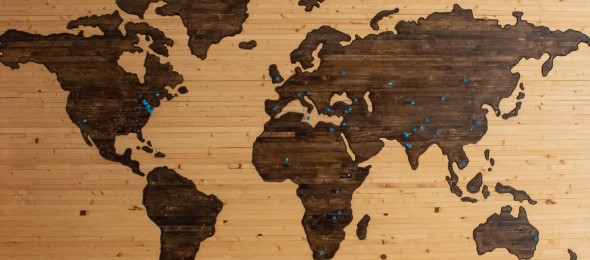Catherine A. Rogers, Professor of Law at Penn State Law and Professor of Ethics, Regulation & the Rule of Law at Queen Mary, University of London, and Christopher R. Drahozal, John M. Rounds Professor of Law at the University of Kansas School of Law, have written “Does International Arbitration Enfeeble or Enhance Local Legal Institutions?,” Legitimacy in Investment Arbitration (forthcoming Cambridge University Press 2019). In their book chapter, Professors Rogers and Drahozal examine the relationship between arbitration and local legal institutions.
Here is the abstract:
One of the more serious critiques of investment arbitration is that it undermines the development of local legal institutions and the domestic rule of law. Critics argue that by providing foreign investors a forum that is separate from local courts, investment arbitration removes any incentive for foreign investors to promote the development of local legal institutions and, hence, the domestic rule of law.
In response to this criticism, other commentators have suggested that the opposite may be true. Under this view, investment arbitration and local courts work in tandem, complementing each other. While this account is more optimistic, it has also been challenged for failing to specify the precise contours of the described symbiotic relationship.
This Chapter develops a new theory of the relationship between investment arbitration — and commercial arbitration more generally — and local legal institutions. It then tests that theory empirically.
Our theory is that in order to access professional opportunities, local elites in developing and emerging economies demonstrate their understanding of and support for international arbitration by introducing into their local legal systems reforms that benefit international arbitration. These reforms come in ready-made toolkits that are easy to adopt, and that indirectly transmit the rule-of-law norms.
This Chapter proceeds as follows. Section 2 describes the literature criticizing investment arbitration as undermining the development of the rule of law, including the existing empirical studies on that issue. Section 3 sets out in greater detail our alternative account, including the testable hypotheses that follow from it. Section 4 describes our sample and data, and Section 5 presents our empirical results. We find that (1) the number of bilateral investment treaties (BITs) and the number of investment arbitration proceedings to which a country is a party are negatively related to measures of rule of law in the country; but (2) the presence of an indicator of support for international commercial arbitration — adoption of the UNCITRAL Model Law on International Commercial Arbitration — at least partially offsets that negative relationship. We conclude by offering an agenda for future research in this area, including some ways in which legal elites and the process we describe may potentially hinder the rule of law.
This and other scholarly works published by Professor Rogers and Professor Drahozal may be accessed on the Social Science Research Network.
Photo by: Brett Zeck on Unsplash














